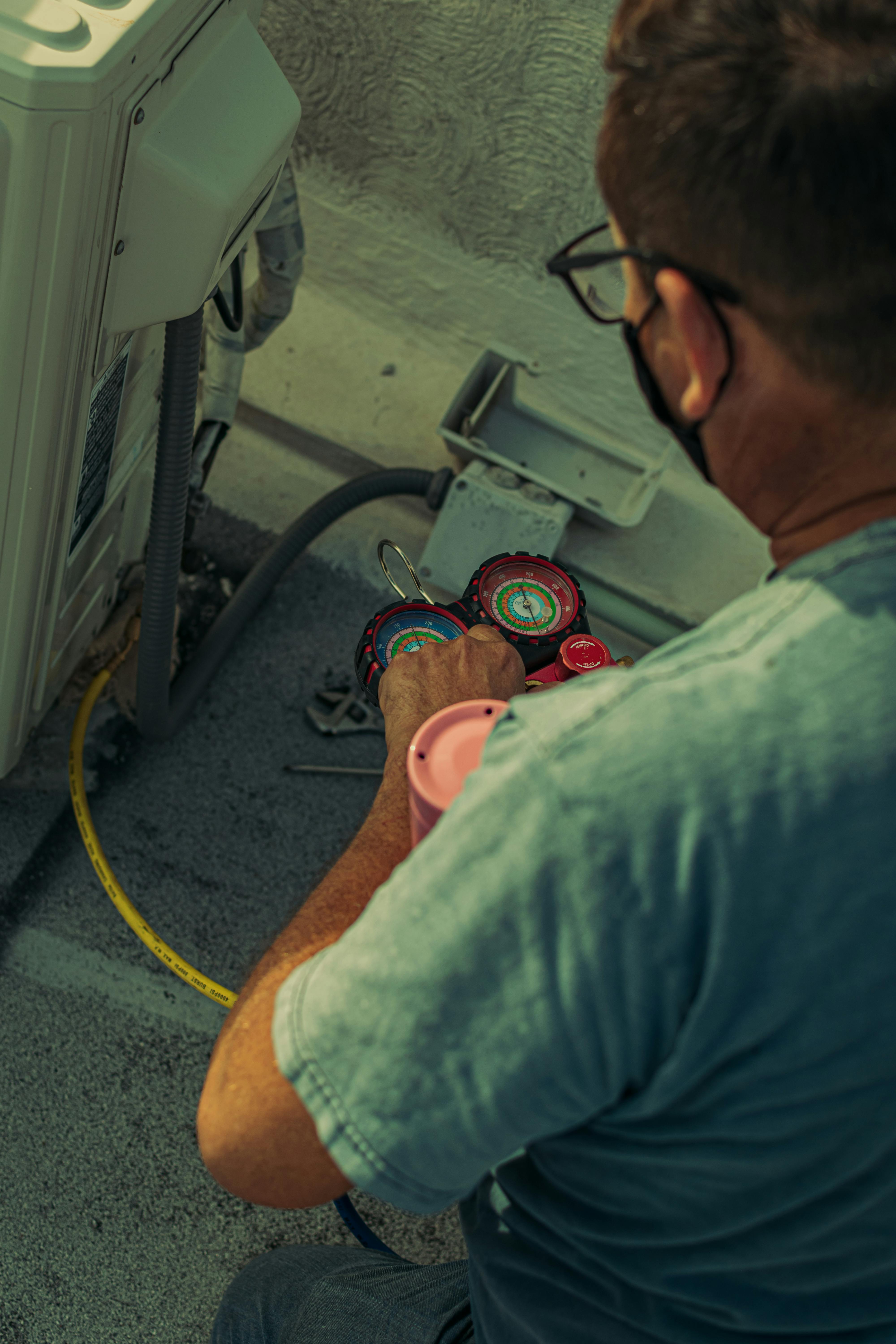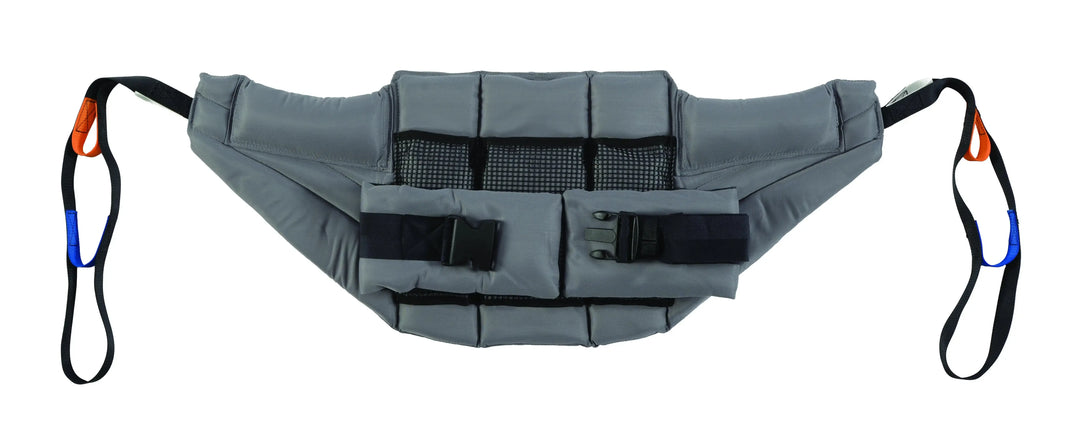Stress-Free Move: Relocating from Michigan to Texas with Experts
Moving from Michigan to Texas can feel like a huge step, but with the right plan and reliable movers, it can be a smooth and exciting transition. Whether you’re chasing new career opportunities or simply craving warmer weather, Texas offers a fresh start with plenty of benefits. Let’s break down everything you need to know for a successful long distance move.
Why So Many Are Heading to Texas
Thousands of people relocate from Michigan to Texas each year. Here’s why:
- Job growth: Cities such as Austin, Dallas, and Houston are experiencing a surge in job opportunities.
- Affordable living: No state income tax and lower housing costs attract new residents.
- Milder winters: Say goodbye to snow shoveling and hello to sunshine.
- Vibrant culture: From live music to BBQ, Texas has something for everyone.
With these perks, it’s easy to see why so many are packing their bags.
Getting Ready for the Big Move
When you’re moving from Michigan to Texas, planning can save time, stress, and money. Start with a checklist that keeps you organized every step of the way.
To-do list before your move:
- Sort and donate unwanted items.
- Gather quotes from several moving companies.
- Label boxes by room for easy unpacking and organization.
- Schedule your move at least a month in advance.
- Set up utilities in your new Texas home.
Transition words like “next,” “then,” and “finally” can help keep your plan organized and efficient.
Choosing a Professional Moving Company
Long-distance moves require more care than short local ones. Hiring a professional moving company is the best way to protect your belongings and avoid headaches. Look for companies that:
- Specialize in interstate moves
- Provide insurance and tracking options
- Offer packing and storage services
- Have positive reviews from real customers
Professional movers handle the heavy lifting, literally. They bring the right tools, trucks, and experience to ensure your possessions arrive safely in Texas.
Cost Breakdown: What to Expect
The total cost of moving from Michigan to Texas typically ranges between $3,000 and $7,500, depending on the size of your home and the services included.
Main cost factors:
- Distance traveled and gas prices
- Type of moving service (full-service vs. DIY)
- Amount of furniture and boxes
- Season and availability of movers
To save money, pack smaller items yourself, avoid last-minute bookings, and compare quotes from multiple moving services.
Benefits of Hiring Professional Movers
Moving long-distance on your own can be overwhelming. Here’s how professional movers make it easier:
- Experience: They’ve handled hundreds of similar moves.
- Efficiency: Faster packing and transport.
- Safety: Trained crews use proper lifting techniques.
- Accountability: Most reputable movers offer insurance coverage.
Hiring professionals means fewer risks, fewer delays, and more peace of mind.
Settling into the Texas Lifestyle
After you’ve completed your move from Michigan to Texas, it’s time to adjust to your new environment. The Lone Star State has a lot to offer!
Quick settling-in tips:
- Update your address and driver’s license.
- Register your vehicle in Texas.
- Explore your neighborhood and local parks.
- Try local foods like brisket, tacos, and Tex-Mex dishes.
- Prepare for the heat by staying hydrated and wearing lightweight clothing.
You’ll quickly find that Texans are warm, friendly, and take great pride in their state.
Common Moving Challenges
Even with planning, every move has challenges. The good news is you can prepare for them.
Possible hurdles include:
- Delays due to long-distance transport
- Adapting to a new climate
- Organizing and unpacking efficiently
To handle these smoothly, maintain open communication with your moving company, track your shipment, and unpack in stages.
REQUEST FREE QUOTES
FAQs about Moving from Michigan to Texas
Q1: How long does the move take?
Most moves from Michigan to Texas take between 4 and 7 days, depending on your route and load size.
Q2: Is it cheaper to move myself or hire professionals?
While DIY moving may seem cheaper upfront, hiring professional movers can save time and reduce the risk of damaged items.
Q3: Can I move my pets easily across states?
Yes! Ensure they’re microchipped, up to date on vaccinations, and travel in a comfortable carrier.
Q4: What’s the best city in Texas for new residents?
Austin, Dallas, and San Antonio are popular choices due to their job growth, entertainment options, and family-friendly environments.
Q5: How early should I book a moving service?
Book your moving service at least 4–6 weeks in advance, especially during peak moving months.
Moving from Michigan to Texas can be a rewarding experience when it is appropriately planned. From choosing the right moving company to adjusting to life in Texas, every step matters. With experienced professional movers on your side, you can look forward to a seamless relocation and an exciting new beginning in the Lone Star State
Buzzmoving takes care of it all. From packing to transport, our pros handle every detail for a smooth nationwide move. Request your free quote now!

